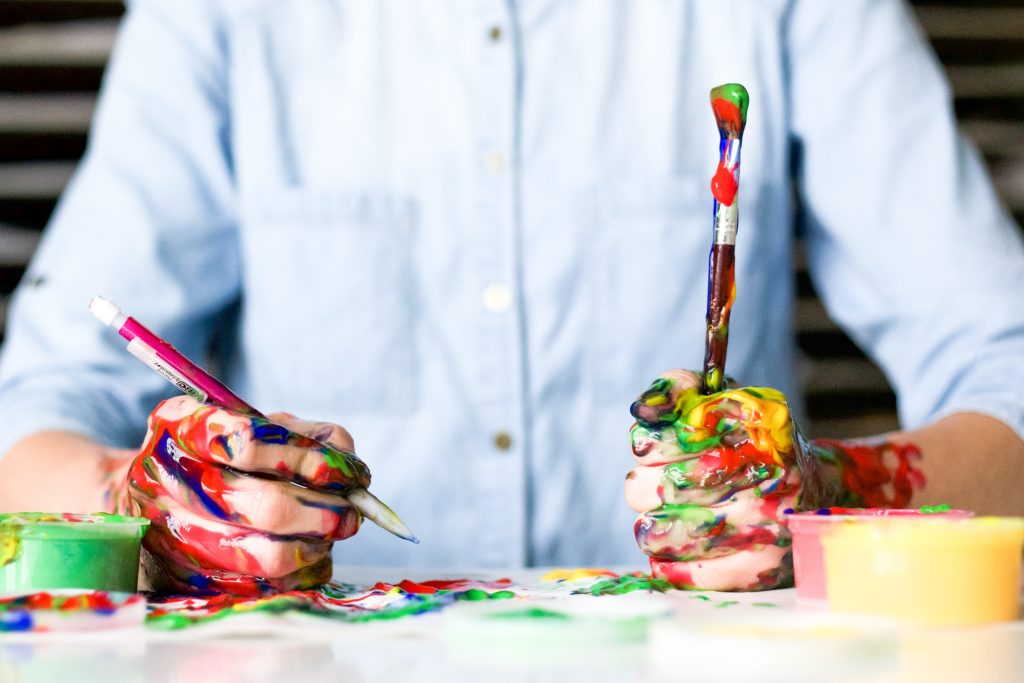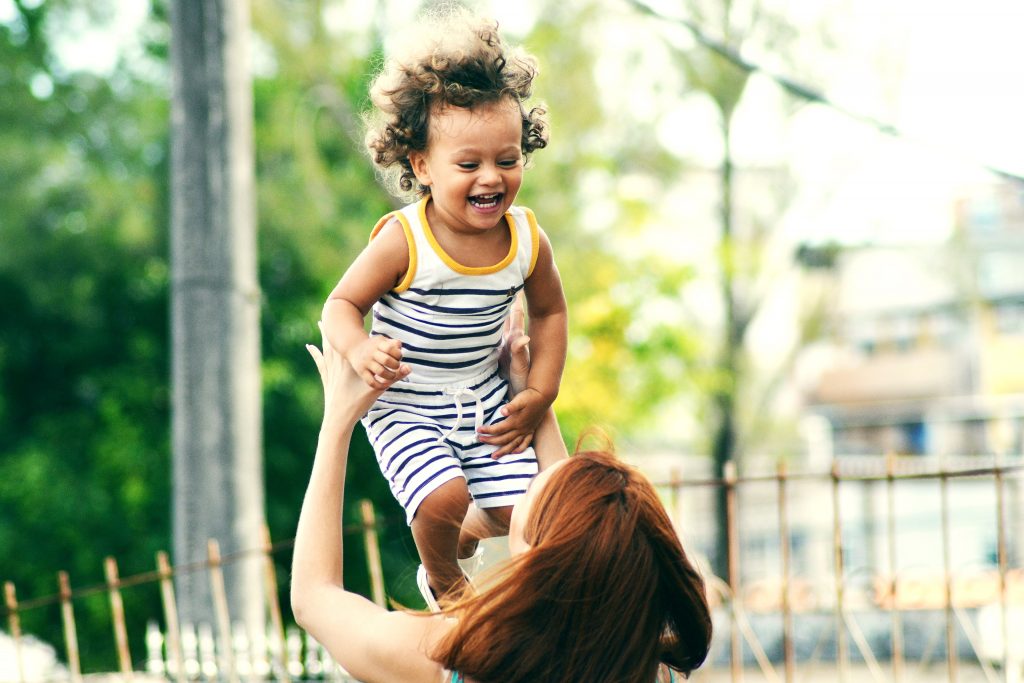Be Your Child’s Favorite Teacher
School is out and summer is here, but kids don’t stop learning. It is no foreign concept that a child’s education starts at home. Home is where children first learn and begin to form concepts of their own personal realities. Our impact at home makes a big difference to our children’s lives. How you work with your child determines whether you will become his/her favorite teacher. This article shares approaches which are welcome, as well as the ones you, as a parent, should avoid.
The Adult’s Active Role
Parents and guardians play an active role in children’s education. How we talk with our kids now affects them later in life. With the incessant pressure current generations face, we need to enforce positive affirmations into our children’s lives and thoughts. We put a tremendous amount of faith into kids, but along with that we also unload a tremendous burden onto them. We believe they can fix the world, so we unload the world’s problems onto their tiny shoulders. In order for our children to succeed, we cannot only give them resources on how to grow and save the world; we must be an active resource and example. When these kids grow up, they are suddenly indoctrinated into how the world actually works: Opportunities and success are subjective and certain people/ideas are valued over others. This can cause the dreams of a better world to quickly come crashing down.
“Children are never too young to understand and we do not always need to protect them from inherent truths. To truly help them navigate realities, we must lead by example, by being their favorite teacher.”

Kids become who we are, even if it is not directly our fault
Children learn from us whether we are actively teaching them or not. They mimic our mannerisms and inherit our traumas, while our ideologies become their moral compasses. The things we feed our egos with and the emotional addictions we surrender to become the habits our kids feed off of. Personal morality and strong judgment can lead to children fearing disappointing their parents if they believe conflicting views. This is why we must focus on bettering ourselves, too. Our children cannot be all of the things that we failed to be. Although our intentions may come from a good place and we only wish to give our children the things we ourselves lacked, that does not mean that we are not hurting them in other ways. Even if it is not intentional, or even directly our fault, kids learn from us, both good and bad. It is important for us to be conscious of our behavior towards them, but more significantly, around them.
“Do not force your children to be something they are not. It is your job to live a life that inspires children to live theirs to their fullest potential.”
Stop imposing yourself on your children, let them be who they are
We need to let our children be themselves, no matter who they choose to be. It is their choice to decide who they want to be in this life. We can only help them along the way by doing the work to set a good example, ourselves – starting with accepting them for who they are. It is imperative that we learn to have children for unselfish reasons and be prepared to give them the resource of a present and mindful, level-headed adult. Progress means working towards unwrapping our own traumas and working on our poor habits today, not tomorrow. We have to realize that our children can’t be everything we couldn’t be for ourselves. Children should also not be brought into this world for the sake and pressure of other family members. Have children when you are ready to selflessly provide another human being with the means to live their own lives, not the life you want for them.

Ways we can hurt our children (even unintentionally)
The fact of the matter is that we can unintentionally hurt our children. We can pass down generational trauma and even our best intentions can be detrimental if we put too much pressure on our children to fit our ideals. Letting our own problems go unsolved, avoiding the work for self-improvement, and putting pressure on our children can lead to some common health struggles, both somatic and emotional.
Emotional/behavioral troubles include:
- Anxiety
- Mood disorders
- Eating disorders
- Depression
- Body / self image issues
- Guilt
- Fear
- Anger
- Confusion
- Attitude changes
- Social withdrawal / isolation
While physical problems can manifest as:
- Migraines
- Appetite loss
- Fatigue
- Insomnia
- Gastrointestinal issues
- Stomach / digestive issues
What can you do?
It is important to remember that this work is something that doesn’t happen overnight. This is something that needs to be worked on every day, slowly, but consistently. Some may need more time than others, but the work to ground ourselves needs to be done. We should never feel the need to stop improving. We are always learning and changing. To better ourselves, we need to put in the work. Self-awareness is a journey, not a destination. The revolution of raising ourselves and new generations has to start with us, not with our children. It has to start today because kids inherit our behaviors and trauma. They don’t only learn from them, they inherit them. So, let’s learn to sit with our own discomfort and, together with our kids, we can improve every day.


About the Author: Diana Randjelovic is a writer, designer, and artist. With a Master’s degree in Landscape Architecture, Diana’s designs and writing focus on memory work of people and place. She is behind the online community, mala mgzn which focuses on community care for Serbian women and daughters of immigrants.

